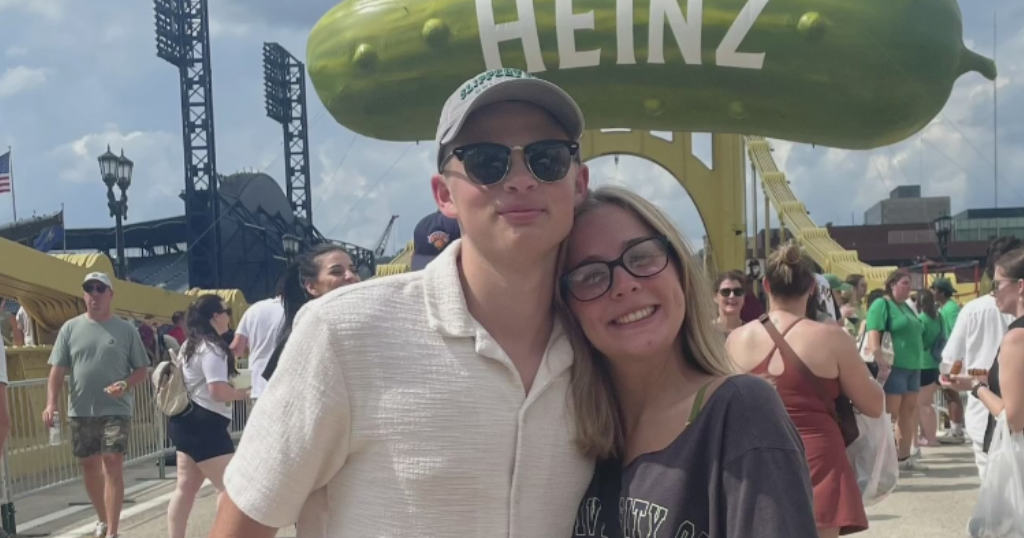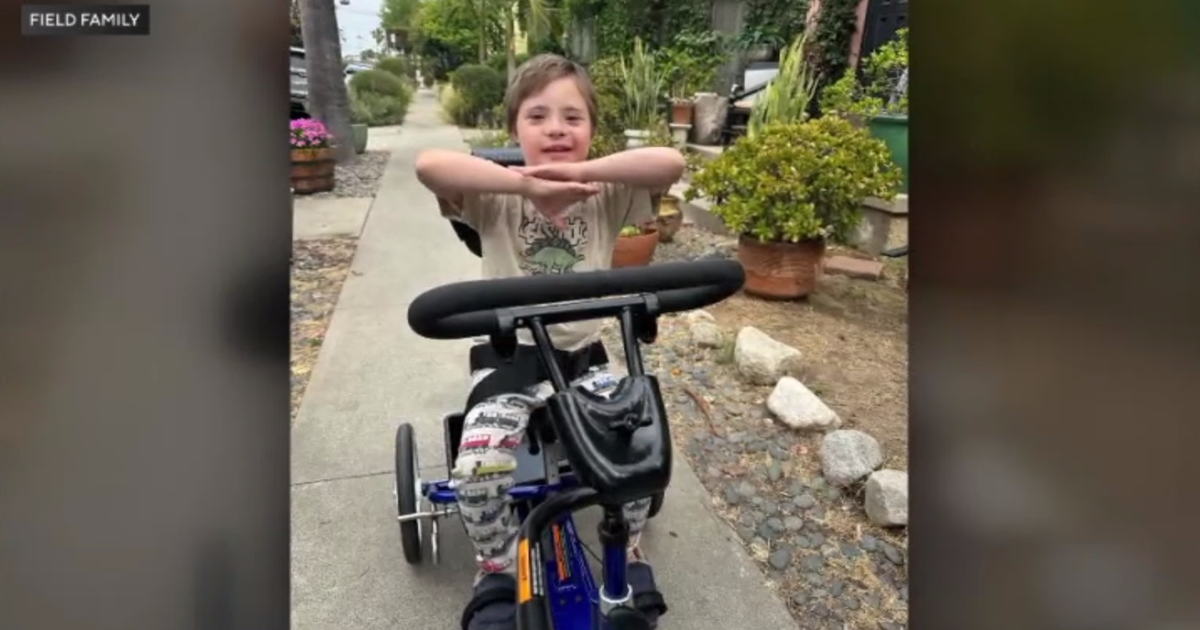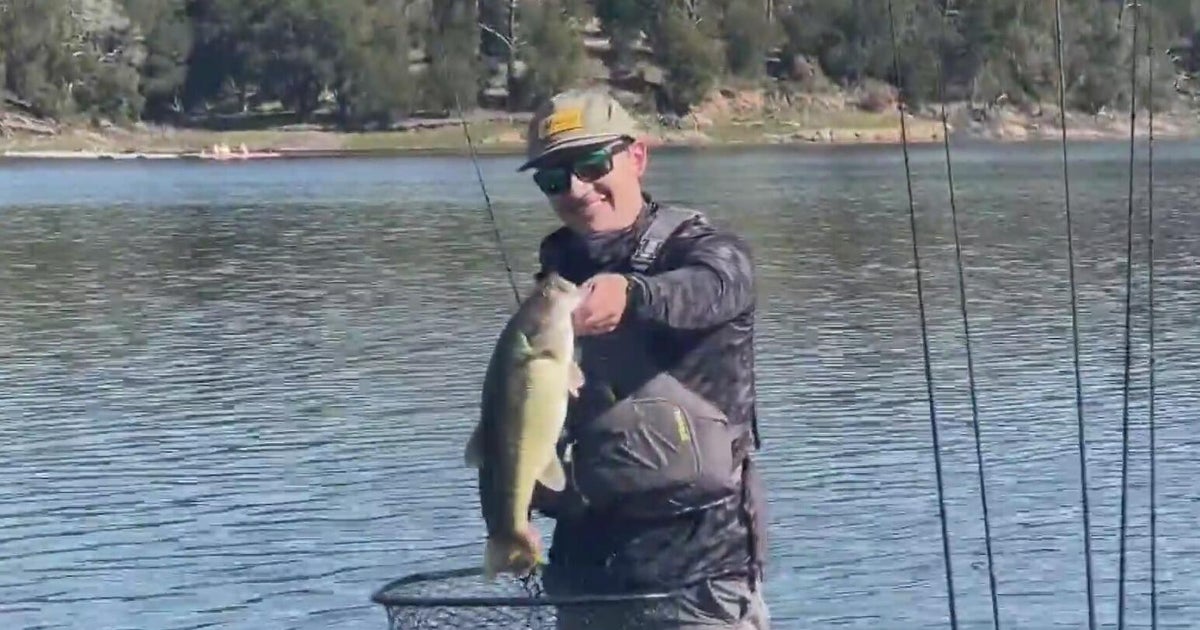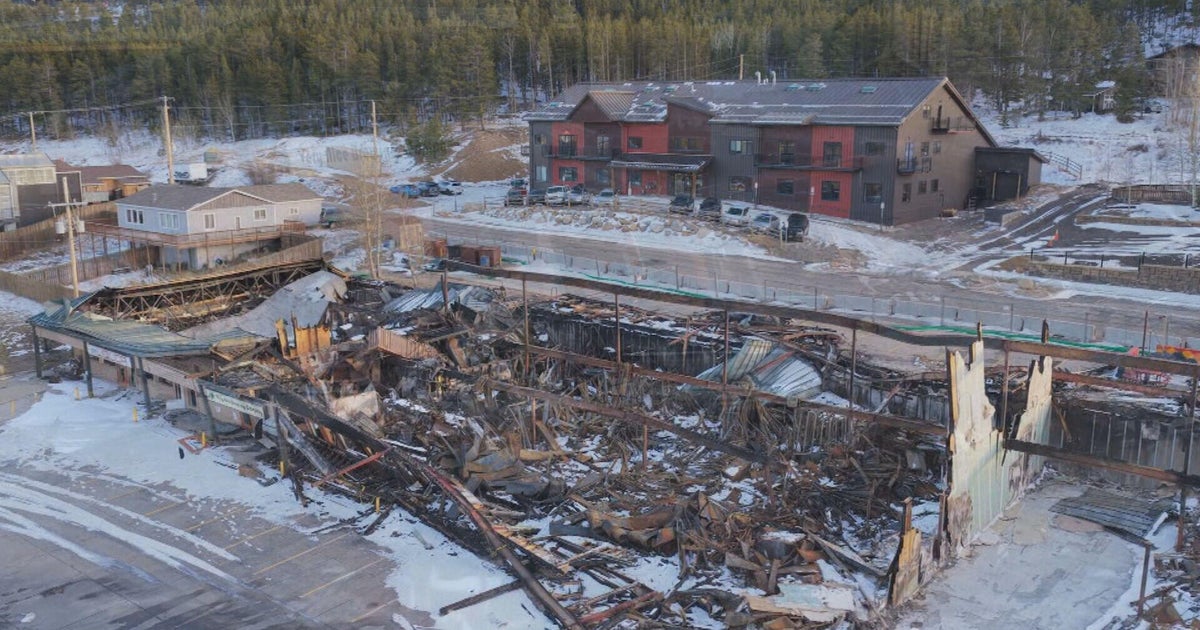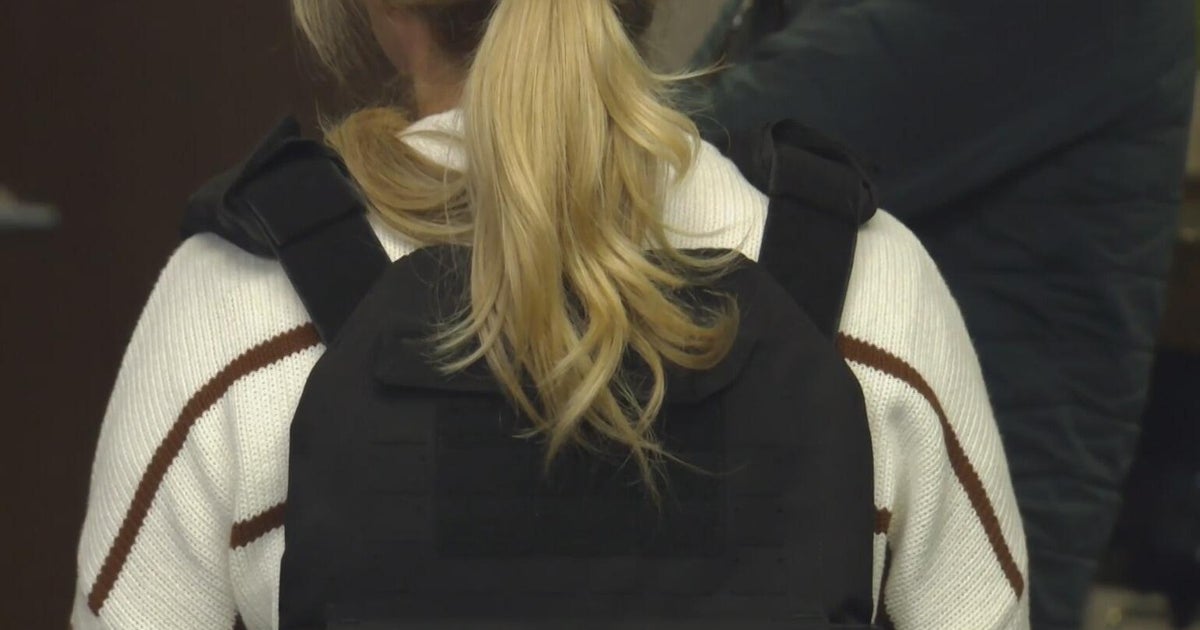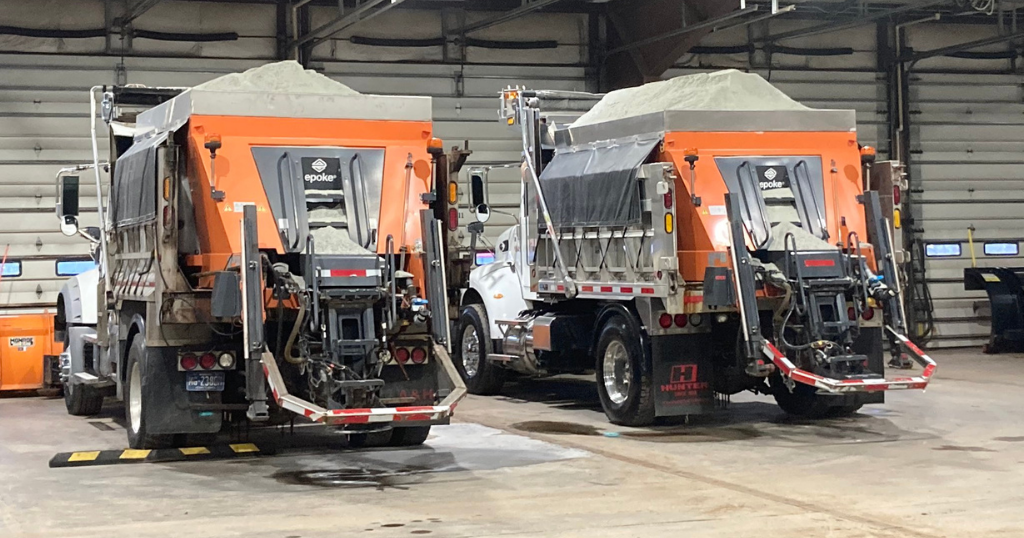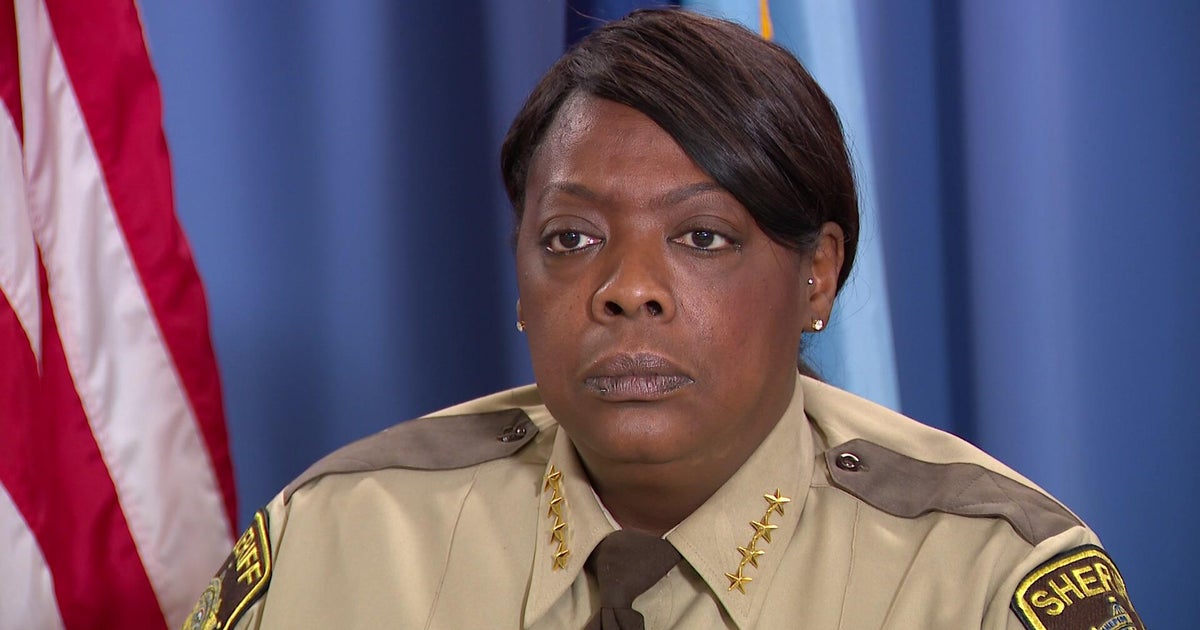New, Less-Invasive Procedure Used To Clear Heart Stent Blockages
PITTSBURGH (KDKA) - Stents help open blocked blood vessels in the heart, but what happens when those stents get blocked?
It usually requires open heart surgery. However, a new new procedure is much less invasive.
Pastor and veteran Mike Browning already had stents in his heart, but the same old symptoms of heart disease came back.
"I would get winded real easy, I didn't have any stamina at all," Browning said.
As it turns out, the stents were plugged up again. It's a problem called restenosis.
Options for people with this problem are limited because stents can't be replaced. The next step would be open heart surgery for a bypass, which is a route Browning wanted to avoid.
"They went in and tried to clear one of the stents, the blockage, and they couldn't clear it. And that's why they opted to go this way," he said.
He's talking about a new procedure called cardiac brachytherapy. It's done like a regular heart catheterization, but it involves putting radioactive pellets into the catheter for 3-5 minutes while it sits in a heart vessel. Then, they're pulled out with the catheter.
The idea is to slow the inflammation and the growth of smooth muscle cells that lead to blockage.
"Currently what we're using it on are the most difficult patients," Dr. David Lasorda, of AGH Cardiology, said.
The procedure is covered by insurance. Some risks include bleeding, abnormal heart rhythms, clots, and tearing the heart vessel -- risks related to the catheter itself, and not to the radiation.
"A little bit longer catheterization time, but other than that, it's a very safe procedure," Dr. Mark Trombetta, of AGH Radiation Oncology, said.
Restenosis is more common in people with a long blockage in a small vessel and a history of diabetes.
With this new procedure, heart vessels plug up again 9 percent of the time, compared to 21 percent of those not getting cardiac brachytherapy.
Researchers have only looked at restenosis rates afterwards, but not heart attack or death.
Cancer doctors who have the most experience with brachytherapy to treat cancer work together with the heart doctors.
"It would have to be done in specialized centers because of the collaborative nature," Dr. Trombetta said.
Doctors at Allegheny General Hospital have treated four patients with this technique so far. Browning is one of them.
"As far as I know, I'm doing well. I feel good," Browning said.
